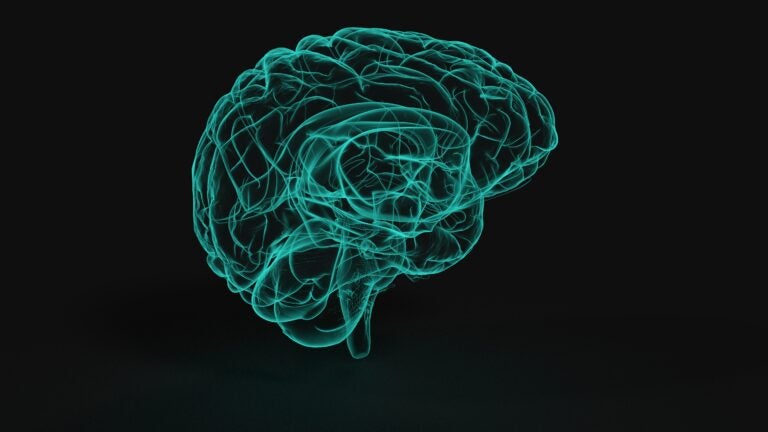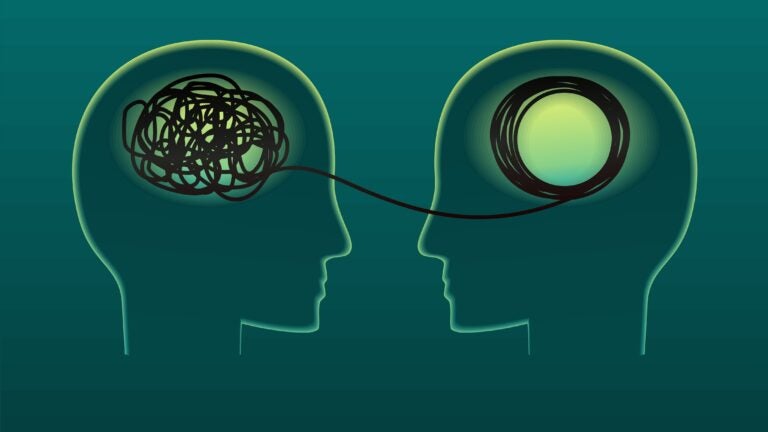Department Areas of Study
The Department of Psychology is composed of five groups, or areas. Within each of these groups, the faculty share a primary interest in a specific branch of psychology and often hold joint appointments. Select an area to see more information and learn more about each area’s faculty members in our doctoral program.
Brain and Cognitive Science
Addresses fundamental questions about the brain and mind in human and animals in areas such as creativity, decision, emotion, learning and memory, linguistics, motivation, and perception.
Clinical Science
Applies scientific theories and methods to understand adaptive and maladaptive functioning, to alleviate human suffering, and to promote adjustment. Specialization available in clinical-aging, child and family clinical, and adult clinical.
Developmental Psychology
Studies developmental change in social behavior, cognition, language, neurological structure and emotions from childhood through early adulthood.
Quantitative Methods and Computational Psychology
Studies basic and advanced methodology used in psychometrics and measurement, multilevel and longitudinal data analysis, behavior genetic methods, decision making, robust statistical methods, and computational tools for analyzing multivariate data.
Social Psychology
Studies the thoughts, feelings and actions of individuals as they are influenced by other individuals and by groups. Topics include attitude change, aggression, intergroup relations, decision making, safe sex, gender differences, and self-regulation.





